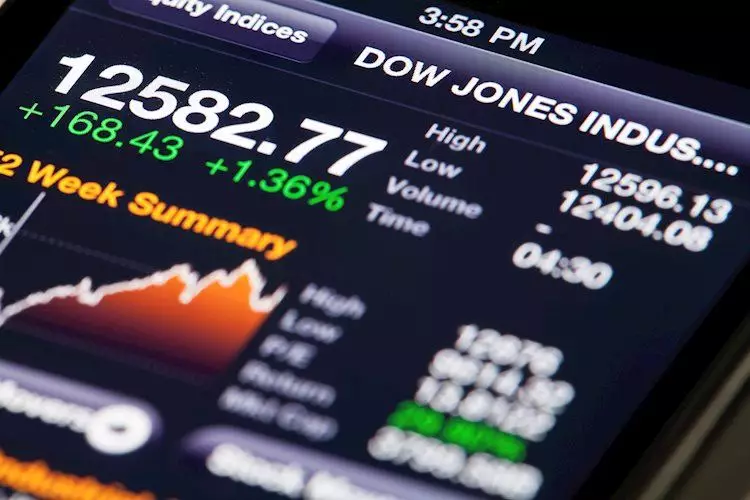The financial markets experienced a notable downturn on Friday, with the Dow Jones Industrial Average dropping by 0.7%. This decline reflects a broader trend of recalibrating stock valuations, particularly following the rally that gained momentum in the lead-up to the recent elections. Investors, seemingly caught in a whirlwind of speculation and sentiment shifts, are reassessing their positions. As the dust settles from the electoral fervor, stock prices are showing signs of stabilization, but not without introducing a layer of uncertainty to the market dynamics.
The uptick in stock values observed prior to the elections showcased the market’s anticipation of policy changes and shifts in governance that could potentially impact the economy. However, as election results are processed and the implications become clearer, it appears the initial enthusiasm is beginning to wane. Analysts speculate that the confluence of political outcomes and economic realities is instigating a phase of profit-taking among investors, which can often result in short-term market corrections. This phenomenon underscores the inherent volatility that accompanies pivotal political events.
Compounding the complexities in the market is the release of retail sales data, which, while exceeding expectations, revealed a growth rate that was notably less robust than anticipated. In October, retail sales showcased a positive performance; however, the increment was subdued, leading to a cautious interpretation among economists and analysts alike. The data suggests that while consumers are engaging with the market, there may be headwinds such as inflationary pressures or changing consumer sentiment that could impact future consumption patterns. This dualistic interpretation of the retail landscape reflects its critical role in shaping overall economic health.
As traders digest the implications of declining stock prices and the mixed signals from retail sales, the road ahead remains fraught with uncertainty. Investors will need to align their strategies with evolving market conditions, remaining vigilant to not only economic indicators but also geopolitical developments. Rising interest rates, inflationary pressures, and potential shifts in consumer behavior could further complicate the market’s trajectory.
The recent downturn in the Dow Jones, precipitated by a rectification of election-driven gains, coupled with the cautiously optimistic retail sales data, paints a picture of a market in transition. Investors are urged to adopt a nuanced perspective, considering both the immediate effects of political events and the underlying economic indicators that will ultimately dictate the market’s next moves.

